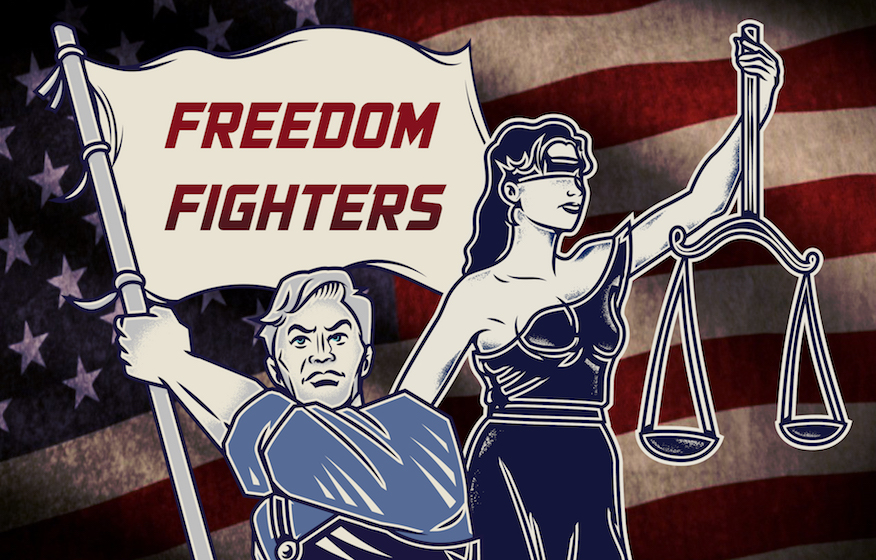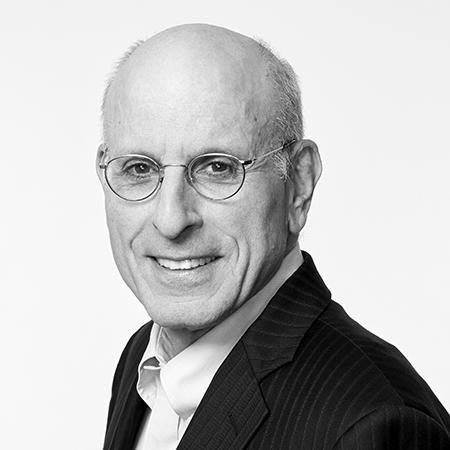Legal Freedom Fighter Series: Mitchell Bernard and the Natural Resources Defense Council

We’ve seen it repeatedly throughout our history: When people’s rights are threatened, it’s the lawyers who step up to the plate. Some are true Freedom Fighters, and they deserve special recognition. That’s why each month, we will feature lawyers who are really making a difference.
 Today, we are proud to feature Mitchell Bernard of the Natural Resources Defense Council.
Today, we are proud to feature Mitchell Bernard of the Natural Resources Defense Council.
Mitch Bernard is Chief Counsel at the Natural Resources Defense Council (NRDC), an organization focused on making sure that “the world’s children should inherit a planet that will sustain them as it has sustained us.” It also works to “ensure the rights of all people to the air, the water and the wild, and to prevent special interests from undermining public interests.”
Through his work at NRDC, Bernard has successfully litigated water, air, toxics, and environmental justice cases against Texaco, Mallinckrodt, Duke Energy, and a variety of government agencies. Previously, as a monitor appointed by U.S. District Judge John S. Martin, Jr., Bernard oversaw the creation and implementation of an environmental compliance program at Con Edison. In other words, this man works tirelessly to protect and defend our environment
Here’s the interview:
What inspired you to become a lawyer in the first place?
I wanted to represent people who did not have easy access to the most effective lawyers.
What was your most memorable case?
Westway, a Clean Water Act case I tried many years ago. The political and economic forces arrayed in favor of the project—which, at the time, were the most expensive federal highway ever proposed at $10,000/inch—were formidable. We were able to prove that the government violated the law in approving the project, and the highway was never constructed. The result helped the Hudson River, vindicated the rule of law, and, through a trade-in of the highway funds, triggered substantial investment in mass transit. A triple thrill. A law professor recently wrote a book about the case; it’s called Fighting Westway, by William W. Buzbee (Cornell University Press, 2014).
What’s the biggest challenge you face today?
The onslaught of attacks by the Trump administration on measures that enhance the environment and human health. The President and his appointees have values antithetical to ours, starting with disregard for science, fact, and law.
How will our withdrawal from the Paris Agreement really affect the work that you do and the environment itself in the long run?
In terms of climate, that depends in part on how other countries respond. The commitment to climate action by other nations, and by many states and cities and businesses in the U.S. is encouraging. But it also signals an isolationism that’s disturbing: On climate, nearly every nation in the world is moving in the right direction, toward the future, and the United States is lagging behind.
How can lawyers really make a difference when it comes to our environment and what limitations do they face?
Yes, lawyers and their committed clients can save the planet. That’s what we’ve set out to do, are dedicated to doing; we do it every day. We have had 34 lawsuits against the current administration since the inauguration, and the pace of legal challenges will accelerate. We are challenging every significant unlawful move they make in the environmental and human health arena. We have confidence that the courts will hold the government (as well as private polluters) accountable to the law.
You’ve had so many successes. Which one (or ones) stands out the most for you?
I love every case we win. I once represented a group of dissident community folks in Martineztown, on the outskirts of Albuquerque. A courageous woman, Loretta Naranjo, stood up to the powerful patriarchy in her own neighborhood, to the City of Albuquerque, and to the local federal judges, all of whom sponsored or supported an expensive new federal courthouse that may have destroyed her community. I was proud to represent her and her neighbors, and I was proud to play a small, supportive role in their struggle for justice.
If you could give one piece of advice to other lawyers across the country, what would you say?
Find work you love to do and get good at it.
If lawyers—regardless of the areas they practice—want to help protect our environment, what can they do to help?
Join the Natural Resources Defense Council. Take cases pro bono. Be an active citizen.
Share post:








